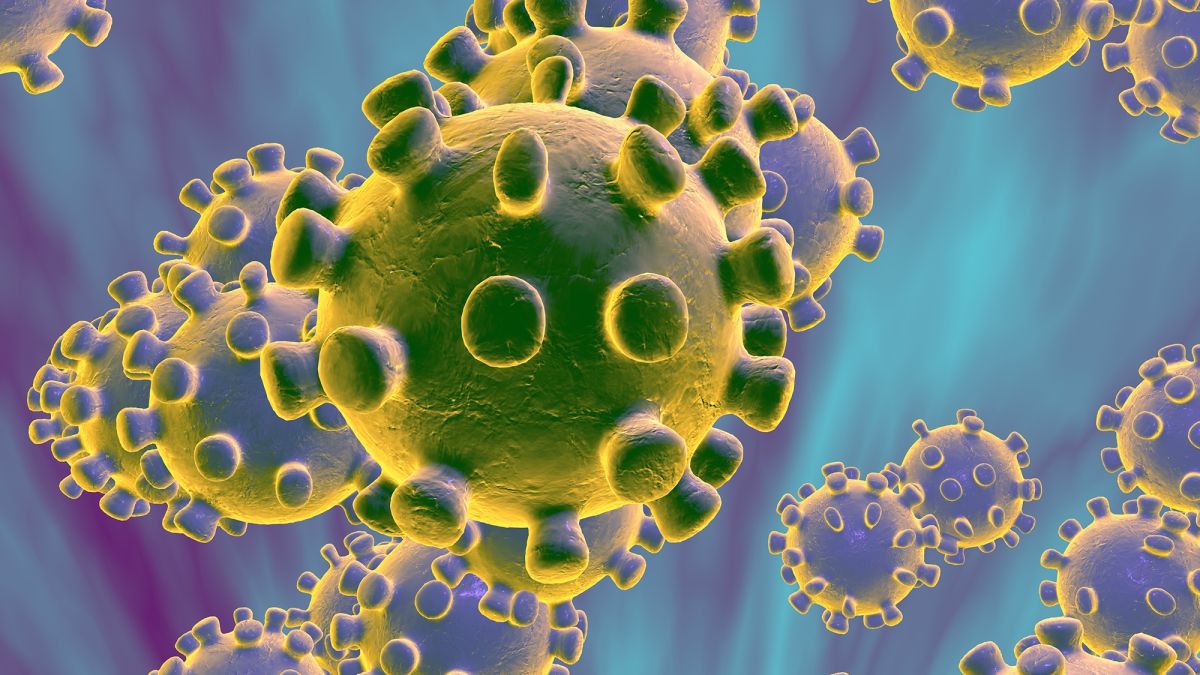By Eloïse Note, Y11
Throughout history, we have been faced with disastrous diseases, such as the Black Plague, Spanish influenza and smallpox. More recently, pandemics such as SARS, and ebola, have come about. We are now being put to the test with yet another epidemic.
Though these infections were far deadlier than the new coronavirus, it doesn’t stop the fact that this new disease could cause, and will most likely cause, chaos to our everyday lives. What is most frightening about this virus is how little control we have over it. The Chinese government has been putting villages in quarantine to try and prevent it from spreading but doctors have explained that it’s useless.
On the 7th of February, it was confirmed that there are more than 30’000 confirmed cases of coronavirus and over 630 people had already dies due to the disease. For the moment, the fatality rate is 3%, mostly in elderly people. This disease has already spread all over the world in a matter of weeks and a vaccine is still nowhere in sight. Doctors tell us that they will have one fully ready for the population in 6 months at best. Until then, our only hope to reduce the spreading of this new epidemic is hygiene. It’s important to wash your hands as often as you can and always carry hand sanitiser on you.
Thankfully, the coronavirus does not have such disastrous symptoms like the black plague. Symptoms of the coronavirus resemble the flu: shortening of breath, high fever and repeated coughing. It mainly endangers the lives of elderly people who suffer from chronic health conditions such as pneumonia or diabetes.
This poses the question: why are we so worried about this disease in particular? It could be argued that the media have over-hyped the epidemic. After, all, there are more common illnesses that are far more deadly.
Although we may regard the flu as a harmless temporary sickness, 80’000 people died from a particularly bad strain last year. Every year during flu season, thousands fill the hospitals.
However, admittedly, this coronavirus is different. It is possible for people to carry the virus, yet show no sign of it. Furthermore, a new epidemic spreading, especially during the winter, makes it that much more difficult for hospitals who are already packed with flu patients to deal with it.
The coronavirus is the third of its type to break out since 2003. Scientists worry it could become a regular phenomenon in our century if our living conditions and hygiene aren’t improved.
This is a much more valid reason for worry. But, what do you think? Have the media caused hysteria by covering the coronavirus so much, or are they voicing a serious concern?



